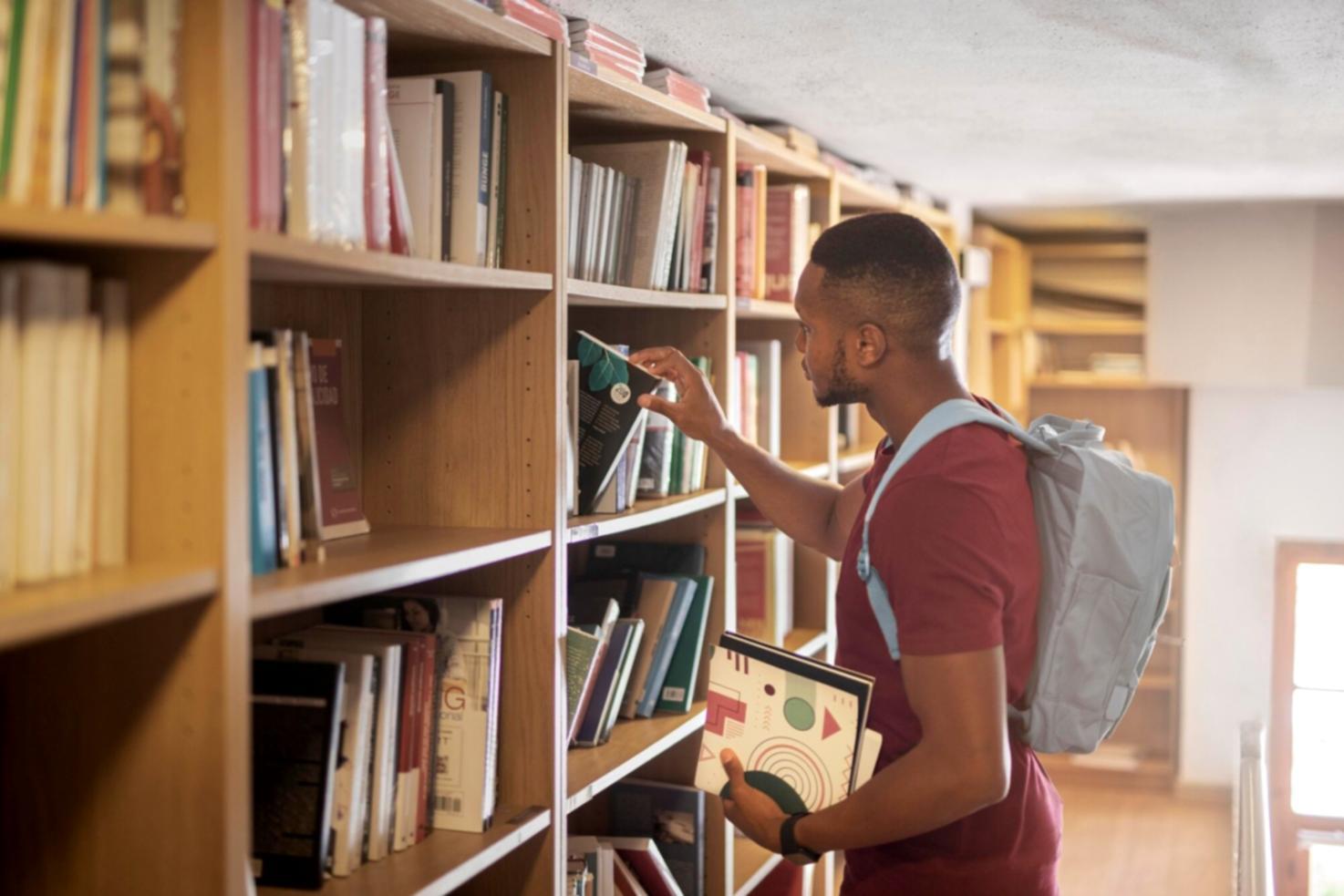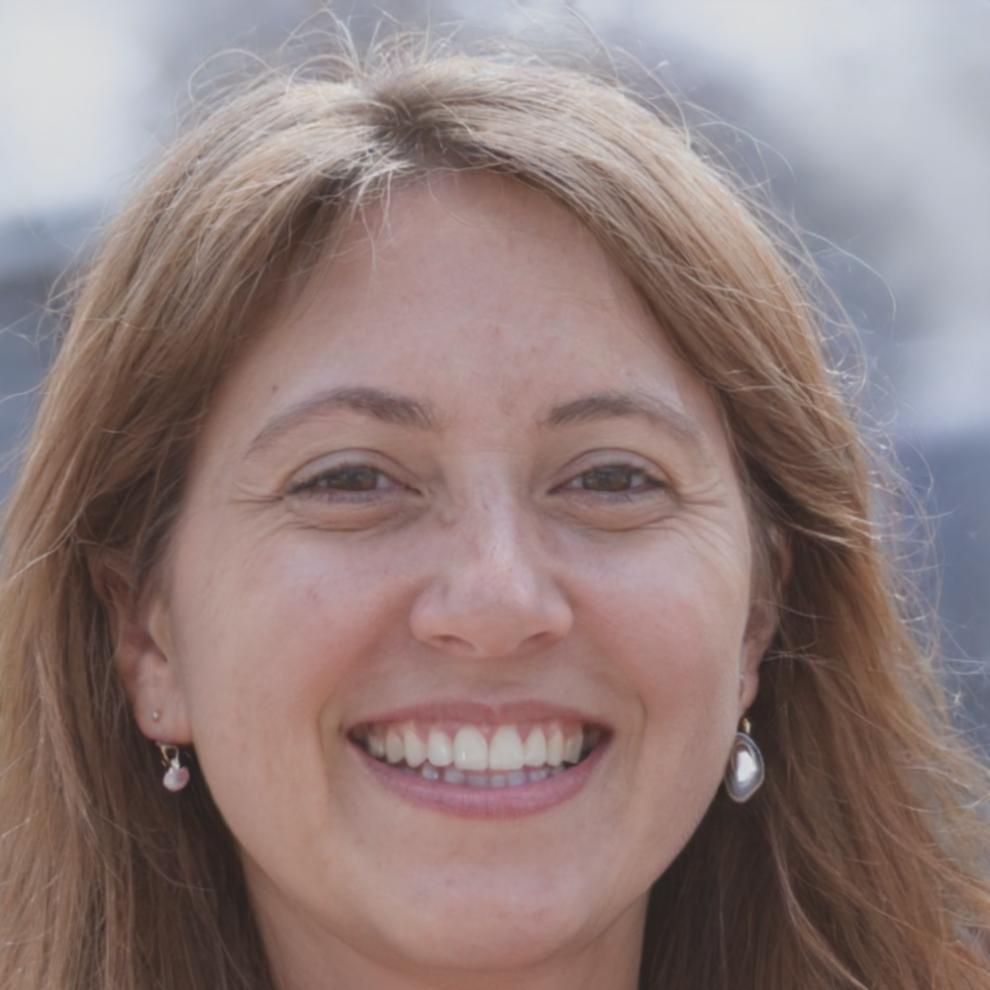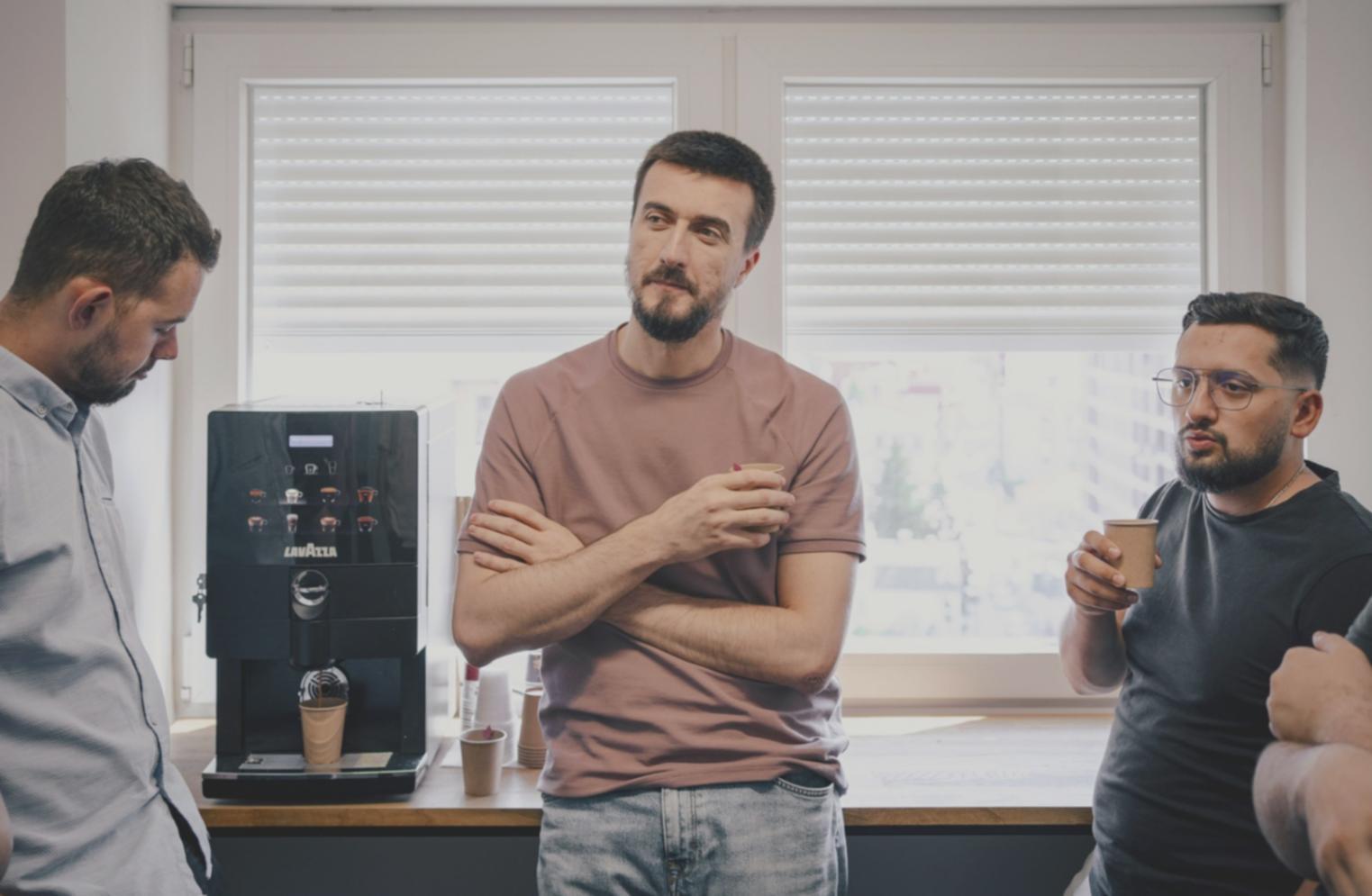Building Content That Actually Helps
Hana joined us in late 2023 after spending five years teaching financial literacy at community centers. She got tired of seeing people nod along in class and then do nothing with the information afterward.
Her background in education psychology changed how we write everything. She's the reason our modules have built-in reflection points and why we don't move forward until previous concepts actually stick.
"People don't need more information. They need space to figure out why their current system isn't working and permission to try something simpler."
She's currently redesigning our expense tracking module based on feedback from 200+ learners who said the original version had too many categories. Her test groups are seeing better completion rates with the streamlined approach.




